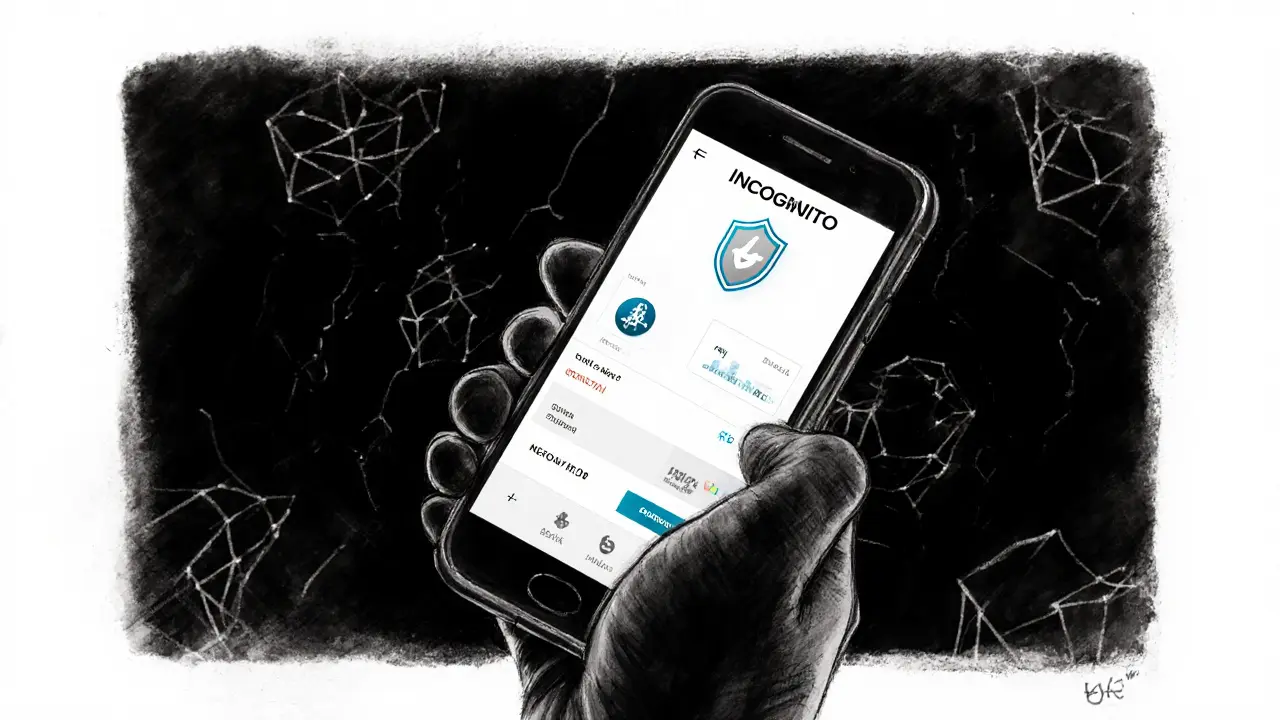A deep dive into Incognito pDEX, the privacy‑first, zero‑fee DEX. Learn how it works, its pros and cons, liquidity, security, and how it stacks up against Uniswap and PancakeSwap.
Privacy DEX: Private Trading on Decentralized Platforms
When talking about Privacy DEX, a decentralized exchange that puts anonymity at the core of every trade. Also known as anonymous DEX, it lets users swap tokens without exposing their wallet addresses or transaction history to the public blockchain.
The privacy DEX ecosystem leans heavily on privacy protocols, technical standards that hide sender, receiver and amount details. Leading examples include Monero, a blockchain built around ring signatures and stealth addresses and zk‑SNARKs, zero‑knowledge proofs that verify transactions without revealing data. These tools enable a privacy DEX to offer true untraceable swaps while still satisfying on‑chain validation rules. In practice, a privacy DEX must combine a decentralized exchange, a peer‑to‑peer marketplace without a central order book front‑end with the cryptographic guarantees of the protocols mentioned above. The result is a platform where traders keep control of their keys, avoid KYC hassles, and stay hidden from analytics tools.
What you’ll find next is a curated set of articles that break down every piece of this puzzle. We cover how zero‑knowledge proofs power private order matching, why Monero’s privacy model matters for token swaps, and the trade‑offs between on‑chain anonymity and liquidity. You’ll also see real‑world reviews of privacy‑focused DEXs, step‑by‑step guides to claim airdrops that respect your anonymity, and security checklists to keep your funds safe. Whether you’re a newcomer curious about private trading or an experienced trader looking for the latest privacy upgrades, the posts below give you actionable insights and up‑to‑date data to help you navigate the privacy DEX landscape.

